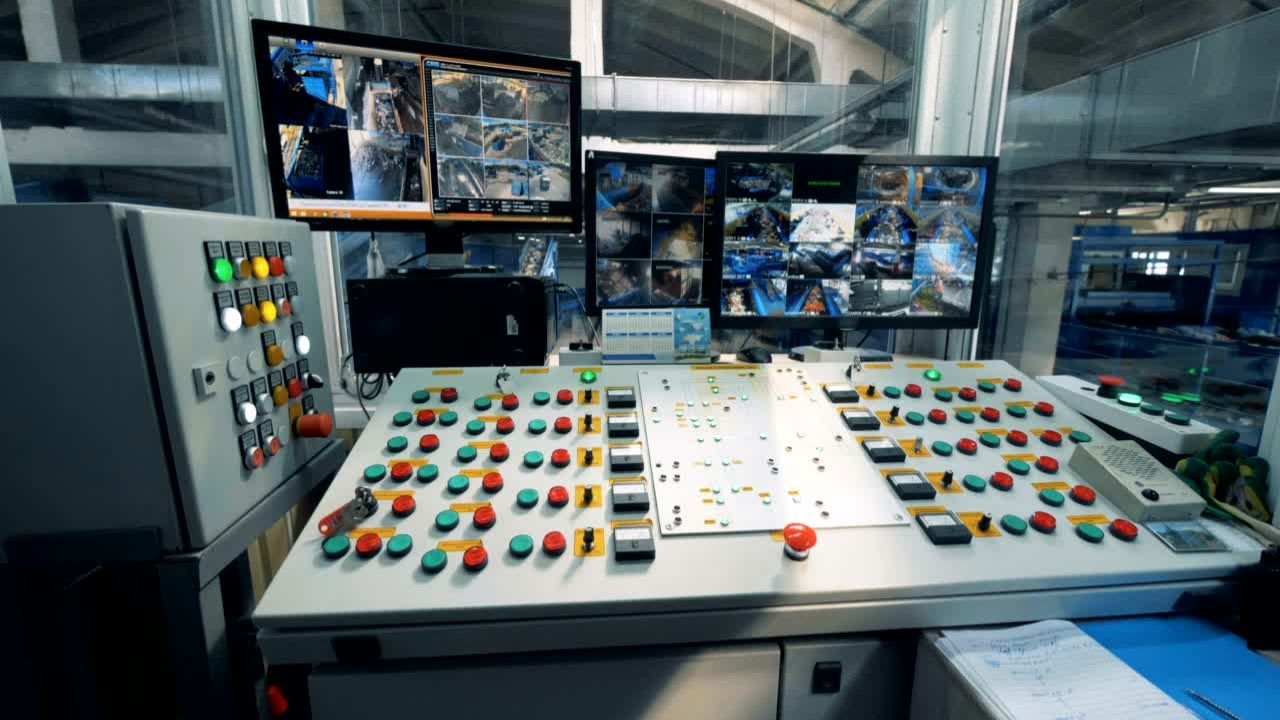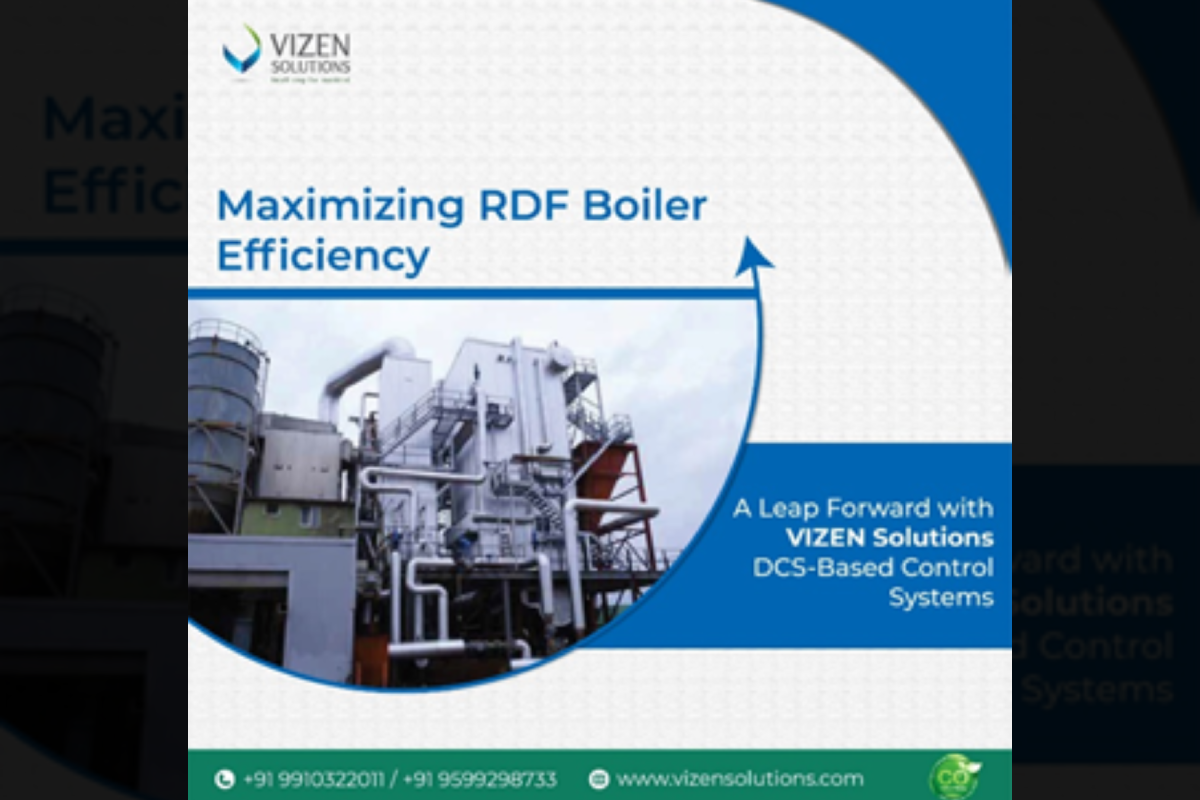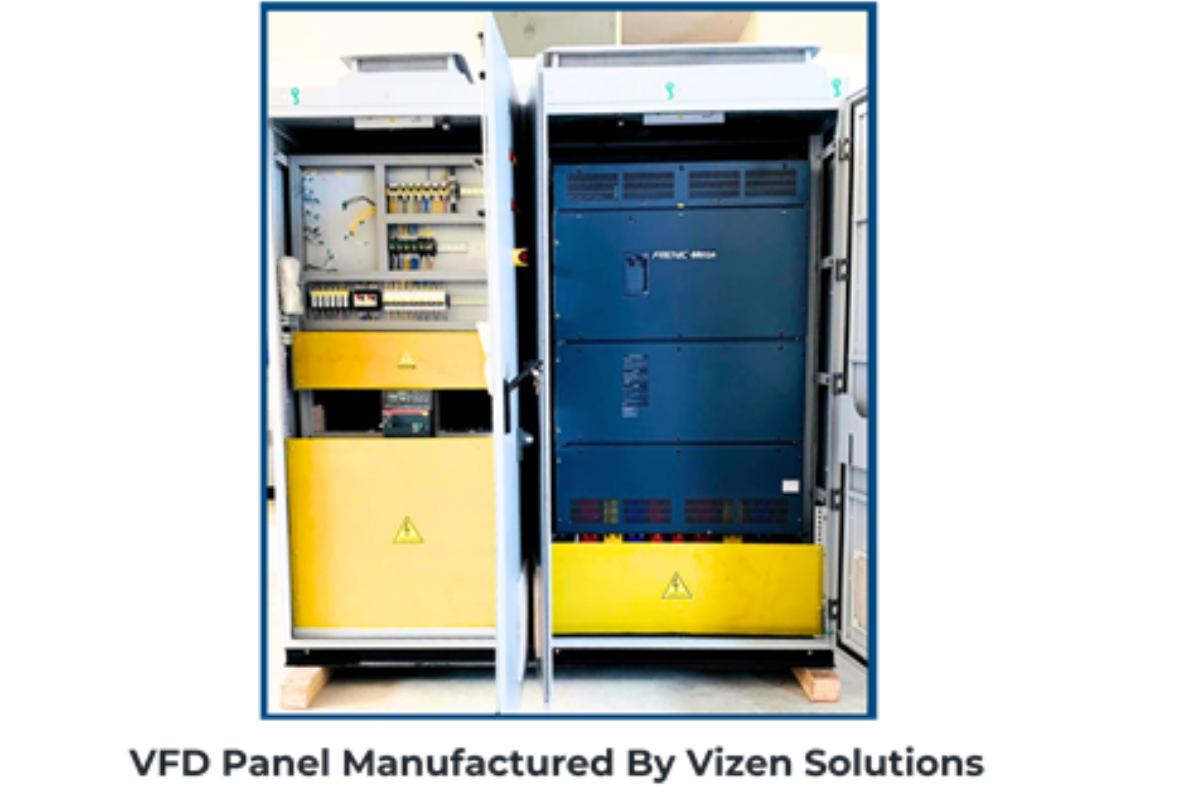
Electrical EPC for RDF Boilers: Why It’s the Game-Changer for Reliability and Efficiency
Modern industry faces an unprecedented convergence of sustainability mandates and operational efficiency demands. For evaluating RDF (Refuse-Derived Fuel) boiler investments, the mechanical aspects often dominate discussions, yet it's the electrical infrastructure that ultimately determines project success or failure.
Think of RDF boilers like a sophisticated orchestra -- while the mechanical components are the instruments, the electrical systems serve as the conductor. Without precise coordination, even the finest instruments produce chaos rather than harmony.
Managing Variable Fuel Complexity
RDF presents unique operational complexities that standard coal-fired systems simply don't encounter. Unlike homogeneous fossil fuels, RDF composition varies significantly -- from municipal waste with 7.3 MJ/kg heating value to industrial waste streams reaching 16 MJ/kg.
Managing RDF combustion is like conducting a restaurant kitchen where ingredients change unpredictably throughout service. The chef (boiler) requires constant communication with suppliers (feed systems) and precise timing coordination (control systems) to maintain consistent output quality.
This variability creates three critical management concerns:
- Operational Reliability Risks: Variable fuel composition demands continuous process adjustments that manual systems cannot sustain reliably.
- Compliance Vulnerability: Emission control systems must adapt in real-time to maintain environmental standards as fuel characteristics fluctuate.
- Economic Performance Impact: Without intelligent load management, energy output efficiency deteriorates, undermining project economics.
The Electrical Architecture: Foundation of Reliable RDF Operations
The electrical scope in RDF boiler projects encompasses far more than power distribution. Modern RDF operations require integrated electrical engineering that functions like the nervous system of the plant -- sensing, processing, and responding to operational changes instantaneously.
- Distributed Control Systems (DCS): Serve as the plant's decision-making center, processing hundreds of variables simultaneously to optimize combustion parameters. Advanced DCS implementations provide predictive capabilities that anticipate fuel quality changes before they impact performance.
- Variable Frequency Drives (VFDs): Function like the plant's muscle control system, precisely modulating motor speeds for fans, pumps, and conveyors based on real-time fuel conditions. This granular control reduces energy consumption while maintaining optimal process conditions.
- Field Instrumentation Networks: Create the sensory system that continuously monitors temperature, pressure, flow, and emissions across the entire process. These instruments provide the data foundation for automated decision-making.
- Safety Integration Systems: Implement fail-safe protocols that protect both equipment and personnel when fuel characteristics exceed operational parameters. These systems must meet hazardous area classifications specific to RDF handling.
Electrical EPC for RDF Boilers: The Business Impact of Electrical Excellence
The financial implications of electrical system design quality become apparent through operational metrics that directly affect profitability. Consider a pulp mill case study from actual project implementation: A properly engineered electrical EPC approach delivered measurable results -- steam consumption reduced by 20%, process variability tightened to ±3 gsm, and unplanned downtime decreased significantly.
These improvements translate to substantial annual savings. For a typical 50 MW RDF installation, a 20% efficiency improvement represents approximately 2-3 million INR in annual operating cost reduction. The precision control systems enable consistent output quality that meets export-grade specifications, protecting premium market access.
Integration Efficiency: Seamless electrical integration reduces commissioning time by 30-40% compared to fragmented multi-vendor approaches. This acceleration translates to earlier revenue generation and reduced project carrying costs.
Maintenance Optimization: Advanced diagnostic capabilities enable predictive maintenance strategies that reduce unplanned downtime by up to 60%. For process plants where downtime costs exceed INR 50,000 per hour, this reliability improvement provides immediate ROI justification.
Risk Mitigation Through Strategic Electrical Planning
Senior management must address specific risk categories that emerge when electrical systems receive inadequate attention during RDF projects.
- Technical Integration Risks: Like building a complex machine with components from different manufacturers, inadequate electrical coordination creates interface problems that multiply during commissioning. These integration gaps typically extend project timelines by 20–30% and increase commissioning costs substantially.
- Regulatory Compliance Exposure: RDF operations must meet stringent emission standards that require sophisticated control systems. Inadequate electrical design compromises the plant's ability to demonstrate compliance, creating potential shutdown risks and regulatory penalties.
- Operational Performance Degradation: Without intelligent process control, RDF boilers operate in reactive mode rather than predictive optimization. This reactive approach reduces overall plant efficiency by 15–25% compared to properly automated systems.
- Scalability Limitations: Poor electrical architecture constrains future expansion options and technology upgrades. Plants designed without adequate automation infrastructure face substantial retrofit costs when operational requirements evolve.
The Strategic Selection Framework for Electrical EPC Partners for RDF Boiler
Evaluating electrical EPC capabilities requires assessment beyond traditional cost considerations. The decision framework should prioritize partners who demonstrate specific competencies in RDF applications.
- Domain-Specific Experience: RDF systems demand specialized knowledge that differs significantly from conventional power plant experience. Partners must demonstrate successful implementation in similar waste-to-energy applications with documented performance outcomes.
- Systems Integration Expertise: The ability to seamlessly integrate electrical, instrumentation, and automation systems while maintaining vendor-agnostic procurement approaches. This capability ensures optimal component selection based on technical merit rather than supplier relationships.
- Digital Readiness: Modern RDF operations require sophisticated data analytics and remote monitoring capabilities. Partners must provide comprehensive digitization expertise including HMI development, OPC integration, and industrial IoT implementation.
- Project Execution Methodology: Proven project management systems that ensure on-time, within-budget delivery while maintaining quality standards. The complexity of RDF projects demands rigorous execution discipline to avoid cost overruns and schedule delays.
- Long-term Support Commitment: RDF plants operate continuously for 20–25 years, requiring ongoing calibration, upgrades, and technical support. Partners must provide comprehensive lifecycle support including spare parts availability and technology evolution assistance.
Future-Proofing RDF Investments through Smart Electrical Design for RDF Boiler
The electrical architecture decisions made during initial implementation significantly impact long-term operational flexibility and cost structure.
- Expansion Readiness: Electrical designs should incorporate spare capacity and modular architecture to accommodate future capacity increases or process modifications. This forward-thinking approach avoids costly retrofits when operational requirements change.
- Technology Evolution Integration: RDF operations benefit from continuous technological advancement in control systems, instrumentation, and data analytics. The electrical infrastructure must support seamless technology upgrades without major system disruptions.
- Performance Optimization Capabilities: Advanced electrical systems enable continuous performance optimization through machine learning algorithms and predictive analytics. These capabilities become increasingly valuable as operational experience accumulates and efficiency targets evolve.
Strategic Recommendations for How to Select Electrical Partner for RDF Boiler
Based on industry experience and technical analysis, several strategic principles should guide RDF project electrical decisions:
- Prioritize Integrated EPC Approaches: Single-source electrical responsibility reduces integration risks and accountability gaps that plague multi-vendor implementations. The coordination complexity of RDF systems makes unified execution essential for project success.
- Invest in Digital Infrastructure: Comprehensive automation and data systems provide operational insights that justify premium investment through sustained performance improvements. The operational intelligence gained enables continuous optimization and predictive maintenance strategies.
- Emphasize Compliance-Ready Design: Electrical systems must exceed current regulatory requirements to accommodate future environmental standards. This proactive approach protects against obsolescence and ensures continued operational authorization.
- Establish Long-term Support Relationships: The 20–25 year operational lifecycle of RDF plants requires sustained technical support and upgrade capabilities. Partnership selection should prioritize long-term viability and commitment over initial cost considerations.
RDF boiler success ultimately depends on the sophistication and reliability of its electrical foundation. While mechanical components handle the physical conversion of waste to energy, electrical systems provide the intelligence, control, and optimization that determine economic viability and operational excellence.
For evaluating RDF investments, the electrical scope represents both the greatest risk and the most significant opportunity for competitive advantage. Strategic electrical planning transforms RDF boilers from waste disposal solutions into sophisticated energy assets that deliver sustained operational and financial performance. Organizations that recognize this electrical imperative and invest accordingly will establish market leadership in the growing waste-to-energy sector. Those that treat electrical systems as secondary considerations will struggle with reliability, efficiency, and compliance challenges that undermine project economics and strategic objectives.
If you're planning a new RDF setup or upgrading an existing one, we'd be glad to help you design a control-ready, scalable, and reliable electrical EPC for RDF boilers system that powers both performance and confidence.
Ready to discuss your electrical EPC for RDF boilers strategy? Check out our EPC Solutions or reach us directly at enquiry@vizensolutions.com to explore how we can partner with you for turnkey electrical EPC for your RDF boilers success.






